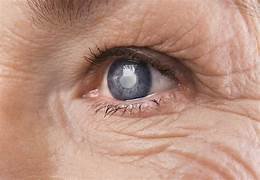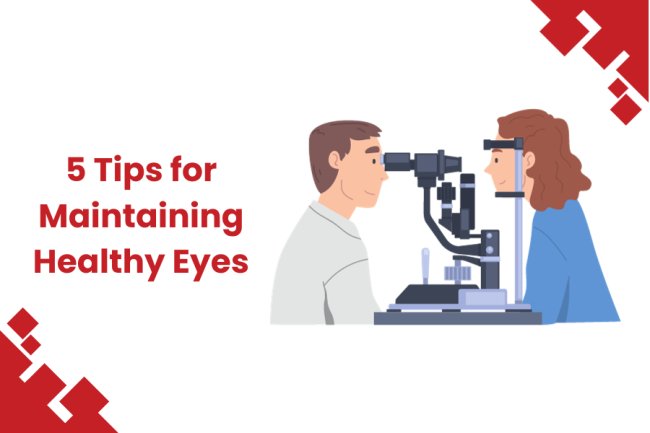Tips for Living with Glaucoma: Lifestyle Modifications for Managing the Condition

Glaucoma is a group of eye conditions that damage the optic nerve, often leading to vision loss and blindness if left untreated. While there is no cure for glaucoma, early detection and appropriate management can help slow its progression and preserve vision. In addition to medical treatments, lifestyle modifications play a crucial role in managing glaucoma and maintaining eye health.
In this blog, we'll explore various tips and strategies for living with glaucoma, focusing on lifestyle modifications that can support overall eye health and well-being.
- Regular Eye Exams:
Regular eye exams are essential for early detection and monitoring of glaucoma. Schedule comprehensive eye examinations with an ophthalmologist or optometrist at least once a year, or as recommended based on your age, family history, and risk factors.
- Follow Treatment Plans:
Adhere to your prescribed treatment plan, including medications, eye drops, or surgical interventions, as recommended by your eye care professional. Consistently using prescribed eye drops and medications can help lower intraocular pressure (IOP) and slow the progression of glaucoma.
- Maintain a Healthy Lifestyle:
A healthy lifestyle can support overall eye health and may help manage glaucoma. Focus on:
- Eating a balanced diet rich in fruits, vegetables, whole grains, and lean proteins. Certain nutrients like vitamin C, vitamin E, zinc, and omega-3 fatty acids may benefit eye health.
- Staying hydrated by drinking an adequate amount of water throughout the day.
- Avoiding excessive alcohol consumption and smoking, as they can increase intraocular pressure and contribute to optic nerve damage.
- Manage Stress and Anxiety:
Stress and anxiety can exacerbate eye pressure and may impact glaucoma management. Practice stress-reducing techniques such as deep breathing exercises, meditation, yoga, or spending time in nature to promote relaxation and emotional well-being.
- Protect Your Eyes:
Take proactive measures to protect your eyes from injury and environmental factors that may exacerbate glaucoma. Wear protective eyewear when participating in sports or engaging in activities with potential eye hazards. Additionally, wear sunglasses with UV protection to shield your eyes from harmful ultraviolet rays.

- Exercise Regularly:
Regular exercise can help improve blood flow and circulation, which may benefit eye health. Engage in moderate aerobic exercises such as walking, cycling, or swimming, as recommended by your healthcare provider. Avoid activities that involve heavy lifting or straining, as they can increase intraocular pressure.
- Monitor Your Symptoms:
Be vigilant about monitoring changes in your vision or symptoms related to glaucoma, such as blurred vision, halos around lights, or eye pain. Report any concerns or changes to your eye care professional promptly for further evaluation and management.
- Educate Yourself:
Stay informed about glaucoma and its management strategies. Attend educational seminars, read reliable sources of information, and ask questions during your appointments with eye care professionals. Understanding your condition empowers you to make informed decisions and take an active role in managing your eye health.
Conclusion
Living with glaucoma requires a proactive approach to eye care and a commitment to lifestyle modifications that support overall well-being. By incorporating regular eye exams, following treatment plans, maintaining a healthy lifestyle, managing stress, protecting your eyes, exercising regularly, monitoring symptoms, and staying informed, you can effectively manage glaucoma and preserve your vision for years to come. Remember to consult with your eye care professional for personalized recommendations and guidance tailored to your specific needs and condition.
What's Your Reaction?


















